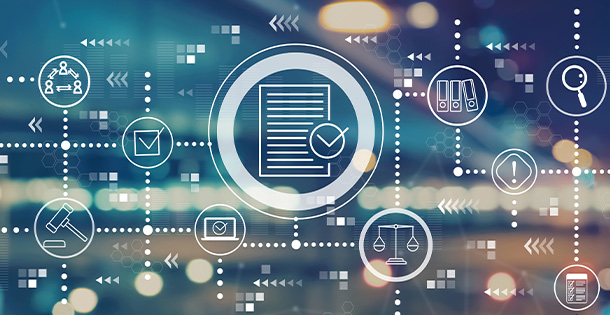Want to make your eDiscovery processes more cost-effective? Turns out you have to spend money to save it. Here’s how…
Against today’s complex landscape of digital communication, even the “small” legal cases can now prove a significant drain on time and money – the most valuable resources of any legal team.
It’s no surprise then that many decision-makers and stakeholders proceed with extreme caution when considering even the slightest change, investment or systematic improvement for their eDiscovery practices.
But unfortunately, an apprehensive approach is one that will actually prove more costly in the long run.
Read on to learn five ways that you can save time and money for your legal firm by investing more in eDiscovery.
1. Your team can focus on what they do best
While many professionals operate quite healthily on the basis that if you want something done right you’ve got to do it yourself, many in-house legal teams who have conducted their own disclosure process would beg to differ.
The truth of the matter is that most legal professionals are far too busy to know all the ins and outs and apply the level of meticulousness needed to keep disclosure (eDiscovery) both time and cost-effective.
Outsourcing managed services or hiring additional specialist resource to get the job done can allow your team the space and time to focus on what they do best. And, it also ensures that eDiscovery is carried out in a structured and thorough manner, rather than as a box-ticking exercise by a litigator who is being spread far too thin.
The savings that managed services offer in terms of time are obvious, and if you need convincing as to how they could save you money, look no further than the cost implication that comes with an adverse judgement or a missed disclosure deadline.




